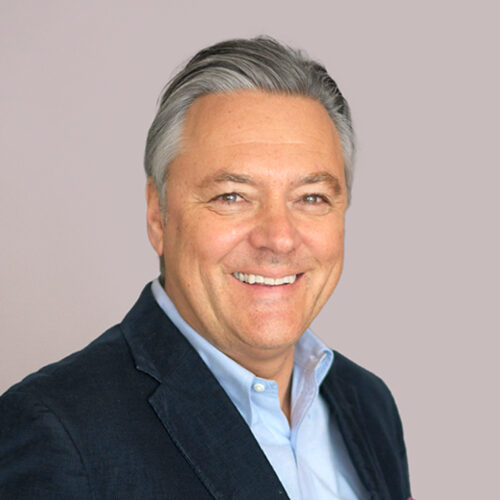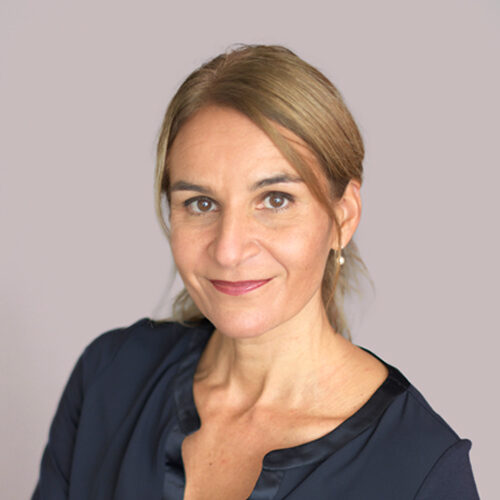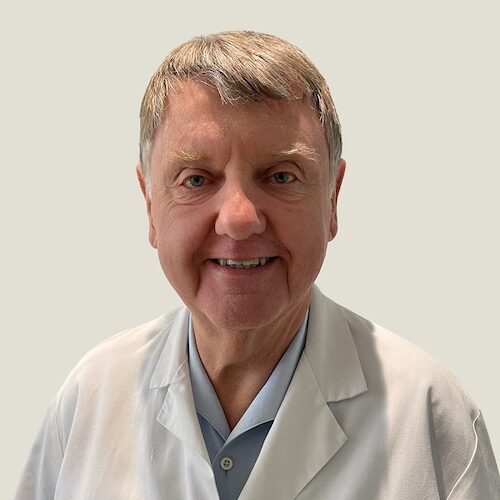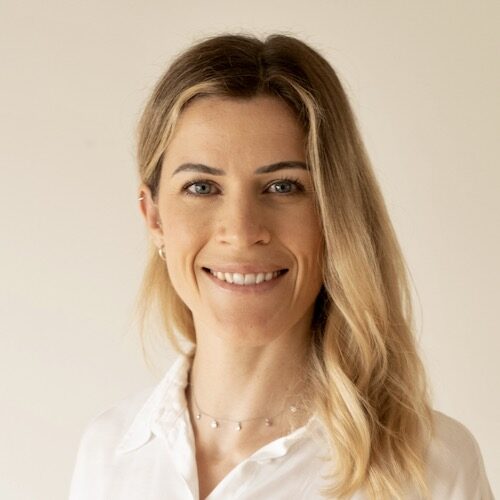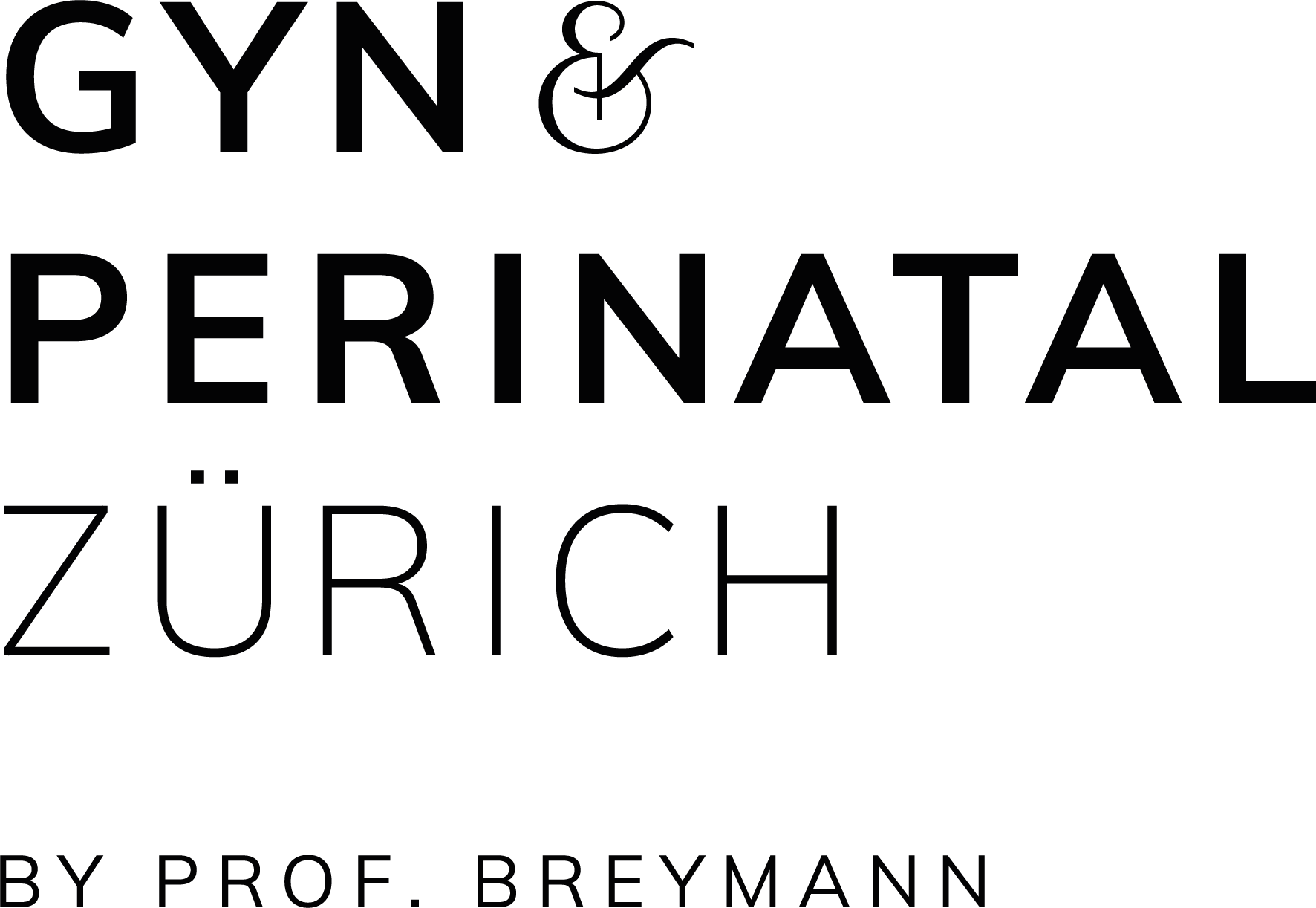Genetics: desire for children and pregnancy
The desire to have a child is a significant step in the lives of many couples. Genetics plays a crucial role in the fulfillment of this wish, as well as in pregnancy and the health of the unborn child.
In recent years, genetics has developed rapidly, and more and more people are opting for genetic testing before starting a family.
Trust in our competence, experience and empathy.
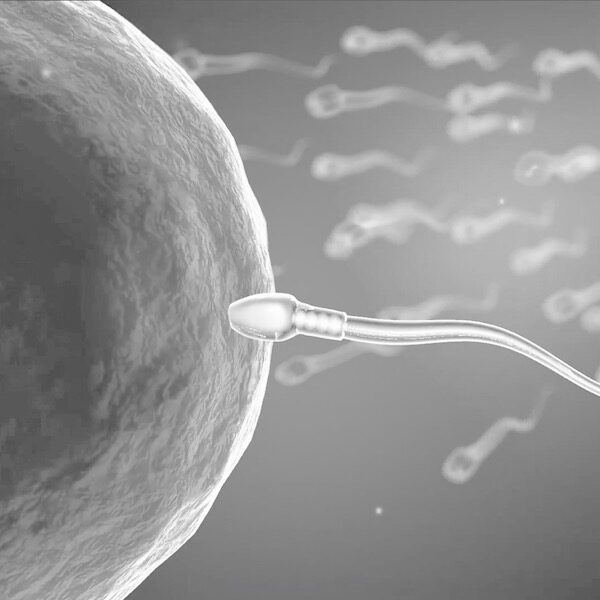
Genetic testing in childbearing: The importance of genetics for pregnancy & birth.
A possible cause for unfulfilled child wishes or pregnancy complications can be genetic factors, such as predispositions for celiac disease, pregnancy cholestasis or coagulation disorders with a tendency to thrombosis - even if there are no symptoms, no family history and one feels healthy.
At this stage of life, consideration of medication efficacy is especially important to ensure proper medication and dosage during pregnancy and delivery.
Cost absorption for genetic counseling
The costs of genetic counseling are covered by the basic insurance, since it is considered a regular medical consultation and is billed according to Tarmed. In the case of a genetic analysis, a cost approval must be requested from the health insurance company.
The cost of the analysis is covered if the results play a decisive role in medical treatment. In the field of prevention, certain supplementary insurances cover the costs of consultation and analysis as an innovation factor.
For detailed information on cost coverage in your specific case, we recommend that you contact your health insurance provider.
Diagnostic and surgical interventions for infertility
Unfulfilled desire to have children can also have organic or anatomical causes, for example malformations of the uterus such as so-called "septa", uterine polyps or myomas or blocked fallopian tubes after operations or after inflammation or endometriosis.
At our centre, we perform diagnostic and therapeutic examinations that can support you in your desire to have a child or make pregnancy possible. These include contrast sonography and diagnostic and therapeutic uterine endoscopy (hysteroscopy), in which polyps or septa (membranes) in the uterus are removed, for example.
Genetics for pregnancy
This may include, for example, close monitoring, targeted dietary adjustments / supplements or the correct adjustment of medications. Our fertility panel analyzes the genetic predisposition to the following risks:
-
- Coagulation disorders
- Celiac disease and gluten intolerance
- Disruption of folic acid metabolism
- Pharmacogenetics (metabolism of drugs)
- Cholestasis during pregnancy
In cooperation with Hirslanden Precise - Genetic Medicine
Hirslanden Precise is a center of excellence specializing in genetic and personalized medicine.
It employs renowned genetics experts who use their clinical expertise to offer best-practice medicine based on the latest research.
Thanks to the close cooperation with Prof. Breymann, the center guarantees comprehensive care for patients who wish to have children and are pregnant.
Perinatal stem cells
Perinatal stem cells are obtained immediately before or after birth. These include those derived from umbilical cord blood and tissue, placental blood and tissue, and amniotic fluid and tissue. When stem cells were first identified, only two types of stem cells were described: embryonic stem cells...
Read moreStem cells of the child from the umbilical cord & placenta - Why should parents keep them?
After the birth and cord cutting of the newborn, a certain amount of fetal blood remains in the umbilical cord and placenta. This umbilical cord blood contains blood stem cells that can be used for the therapy of diseases of the blood and immune system (e.g. leukemia)....
Read moreUnfulfilled desire to have children and complications in pregnancy. What role does genetics play?
A possible cause of an unfulfilled desire to have children or complications during pregnancy can be genetic predispositions, for example for celiac disease, pregnancy cholestasis or a coagulation disorder with a tendency to thrombosis - even if you do not notice any of these, feel healthy and have no family history....
Read moreChildbearing in coagulation disorders: Genetics (F2 and F5)
Congenital clotting disorders can be identified by changes in certain genes that affect blood clotting. These genetic mutations may increase the risk of thrombosis during pregnancy. The most common inherited thrombophilias are factor V Leiden and factor II (prothrombin),...
Read moreDesire to have children with celiac disease & gluten intolerance: genetics (HLA-DQ2, HLA-DQ8)
Celiac disease is a form of gluten intolerance in which the small intestine is hypersensitive to gluten, a protein found in many grains. Gluten is found in most grains, but not in corn and rice. The intolerance leads to irritation and damage to the...
Read moreInfertility in folic acid metabolism disorders: genetics (MTHFR)
A healthy life already begins with development in the womb. In Switzerland, about 50 to 60 children or embryos suffer from a severe spinal cord malformation, known as "open back" or "spina bifida", in the first weeks of pregnancy every year. Folic acid, a...
Read moreIntrauterine insemination (IUI)
Intrauterine insemination is a "simple" and risk-free method of artificial insemination, whereby prepared sperm from the partner is applied specifically after ovulation via a thin plastic catheter. The procedure is generally low-pain and low-risk and can be performed on an outpatient basis.
We will be happy to explain the possible indications, the procedure and which couples are suitable. Please feel free to contact us at any time for a consultation.
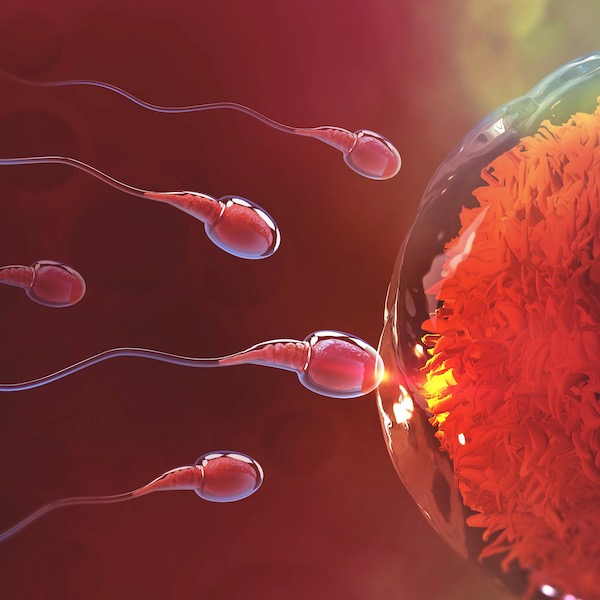
Artificial insemination, IVF, egg donation and egg preservation ("social freezing")
In the field of the above-mentioned assisted reproduction procedures, we will be happy to advise you on the selection of suitable partner centres with which we cooperate. We often carry out the first important examinations in preparation for artificial insemination.
We are also happy to support you during artificial insemination according to the wishes of the centre treating you at home and abroad.
Late pregnancy - maternal happiness with a risk factor?
The oldest pregnant woman cared for by Professor Dr Christian Breymann as head of Gynaecology & Obstetrics Seefeld and the Perinatal Institute in Zurich was 55 years old. Even though pregnancies and births at this age are rare, the trend shows...
Read moreDid you see that Mirka and Roger Federer have twins?
Prof. Dr Christian Breymann, specialist in gynaecology at the Hirslanden Clinic in Zurich, talks about Mirka Federer's twin pregnancy in an interview. Professor Breymann, as a specialist, did you realise long ago that Mirka Federer was having twins? No. A big...
Read moreNew company PURA SWISS - Premium food supplements
In addition to his above-average knowledge of anaemia, iron and vitamins, Prof. Dr. med. Christian Breymann also shows responsibility and commitment in another field: Together with Asha Hall he founded the company PURA SWISS for premium...
Read moreArtists of the Medzin
Prof. Breymann is extremely pleased to be part of the portrait series "Artists of Medicine" created by the artist Bettina Reichl. The long-awaited world premiere took place on 16 June 2022, where the artworks were exhibited at the vernissage. The photos...
Read moreUnfulfilled desire to have children and complications in pregnancy. What role does genetics play?
A possible cause of an unfulfilled desire to have children or complications during pregnancy can be genetic predispositions, for example for celiac disease, pregnancy cholestasis or a coagulation disorder with a tendency to thrombosis - even if you do not notice any of these, feel healthy and have no family history....
Read moreChildbearing in coagulation disorders: Genetics (F2 and F5)
Congenital clotting disorders can be identified by changes in certain genes that affect blood clotting. These genetic mutations may increase the risk of thrombosis during pregnancy. The most common inherited thrombophilias are factor V Leiden and factor II (prothrombin),...
Read more